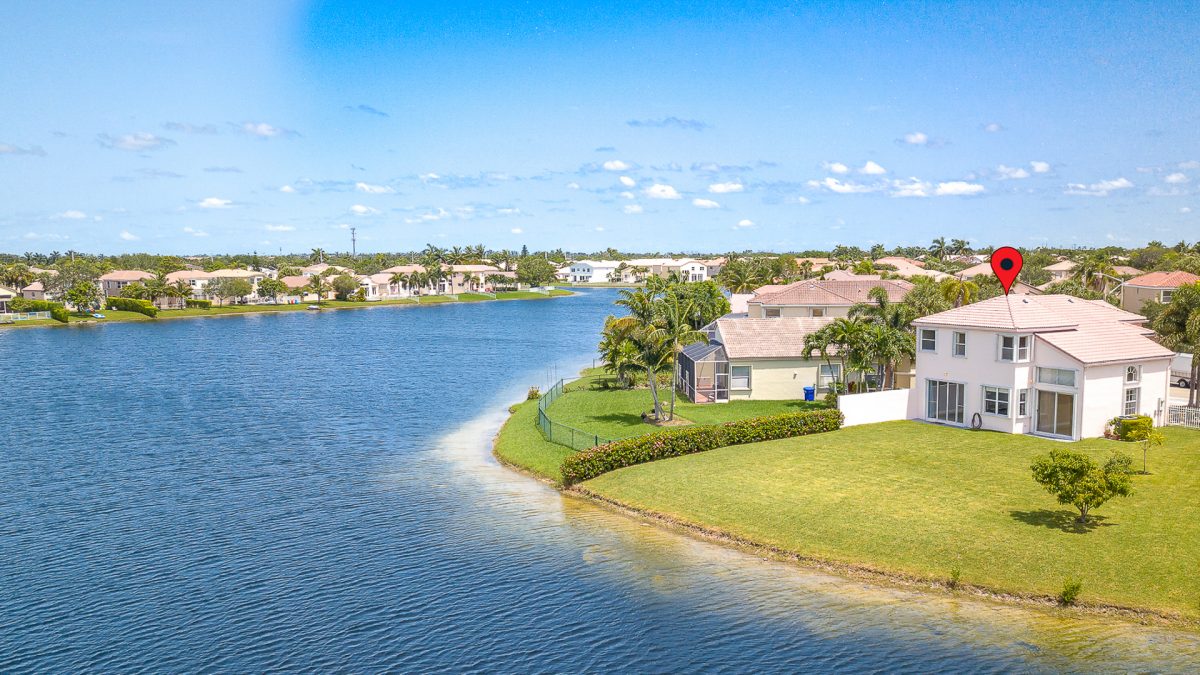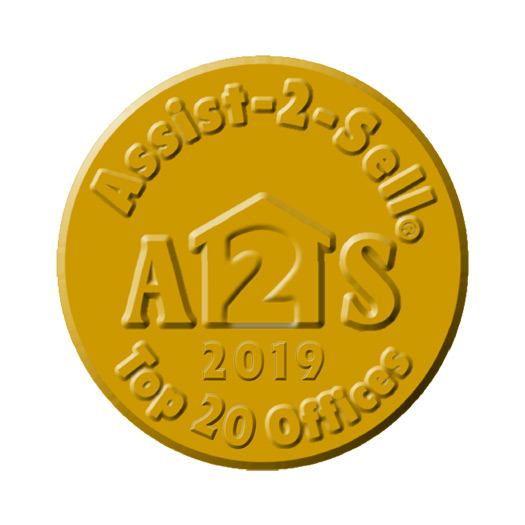
How BEST to navigate selling & buying a home.
When you boil it all down, you have two choices. Sell first and then buy, or buy first and then sell.
1) Purchase your new home first, before you sell.
If you can pull it off, this is the preferred way to go. You have time to shop around, and after you find and purchase your new home, you’ll have time to get it ready before moving in. Once you move in, you can put your old home on the market. It’s certainly the least stressful way to go, but there is a catch.
A) You need enough money to pay cash for the new home.
or…
B) Your credit and income are great enough to cover two mortgages.
or…
C) If you don’t have a mortgage or an equity loan on your current home, your credit and income will still need to safely cover the property taxes and insurance on your current home and all the costs associated with the purchase of your new home.
It is all about your credit and “debt-to-income ratio”. In general, lenders are looking for a debt-to-income ratio of 36% or lower (but it is still possible to secure a mortgage with a ratio as high as 43%).
Expressed as a percentage, a debt-to-income ratio is calculated by dividing total recurring monthly debt by monthly gross income. Lenders prefer to see a debt-to-income ratio smaller than 36%, with no more than 28% of that debt going towards servicing your mortgage.
I personally know someone who had a small mortgage and plenty of equity. The problem was, she did not have enough to purchase a new home for cash. Before we listed her current home, she went out and secured a home equity line of credit. She then used the cash she already had, plus the money from the home equity line, and she was able to purchase her new home for cash. The equity line was paid off when we sold her old home (it might not be possible to secure an equity line of credit once your home is listed for sale, so decide on that before you list).
2) Sell first, then purchase your new home.
If options A, B, or C listed above are not feasible, then selling or renting your home first is the way to go. The only way to go.
“But I don’t want to move twice” is usually the response we hear to this suggestion. Of course, you would love to sell your old home in the morning and close on your new home later that same afternoon. The movers go from your old home to your new home …perfect. Yes, it is possible …but unlikely, especially in today’s market.
You can try to accomplish this, but you MUST have a safety net. A safety net to make sure you do not find yourself homeless with no place to go after selling. Let’s say you list your home and receive a really strong offer from a well-qualified buyer. You can’t let this one get away and you accept the offer. The average closing takes 45 days. You quickly start looking for a new home to purchase. What happens if you don’t find a new home in time? Where will you go? Where will your furniture go? You need a backup plan!
What happens if you find the perfect home, but the Seller will not agree to make your purchase contingent on the successful sale of your existing home?
A contingency is an event or condition that must occur before the deal can close. Typically, a buyer will receive their deposit money back if the contingency is not satisfied by a certain date. For example, a buyer can make an offer contingent on selling (or renting) their current home.
Especially today, a Seller knows there are plenty of qualified buyers out shopping. Buyers that do not need to sell first (do not need a contingency). You might try and raise your offer to entice the Seller to take a chance on you, but who wants to do that. You can try and offer the Seller a non-refundable deposit to take a chance on you, but you don’t really want to do that either. Even if a Seller accepts your offer and accepts a contingency, there are other potential obstacles that might come up. What if there are inspection issues that can’t be resolved, or the property doesn’t appraise? Things can happen that might leave you without enough time to find another home.
CONCLUSION:
If option A, B, or C are not feasible, you need a backup plan, a safety net. As Mom would say, “you hope for the best but plan for the worst”.

Selling a home and buying a home can quickly turn into a very stressful event, but not if you have a plan (and you are working with a competent agent). Remember, you can always put things in storage if needed. In fact, some of our Seller’s actually do this before they place their home on the market. They understand that a decluttered home sells quicker, and can even help you get a better price.
If you don’t have a friend, family member, or anywhere else to go after you sell, then rent. Remember, you can always break a lease if you must (of course there can be penalties and ramifications when breaking a lease). When renting, you can use the extra time to help find your perfect home, purchase it, and prepare it before you move in. You will not only be in a stronger position with more negotiating power and no contingencies, but renting might give you extra time to really explore potential areas and neighborhoods of consideration. Especially if you are moving to another county or even out-of-state, that extra time can really help make sure you find the right home in your desired neighborhood.
As always, please let us know if we can assist in any manner, and we wish you good health. Stay safe.
Sincerely,
Tom Carroll, P.A., REALTOR, CRS, ABR,
Co-Owner Assist-2-Sell, Sell and Buy Realty, llc.





